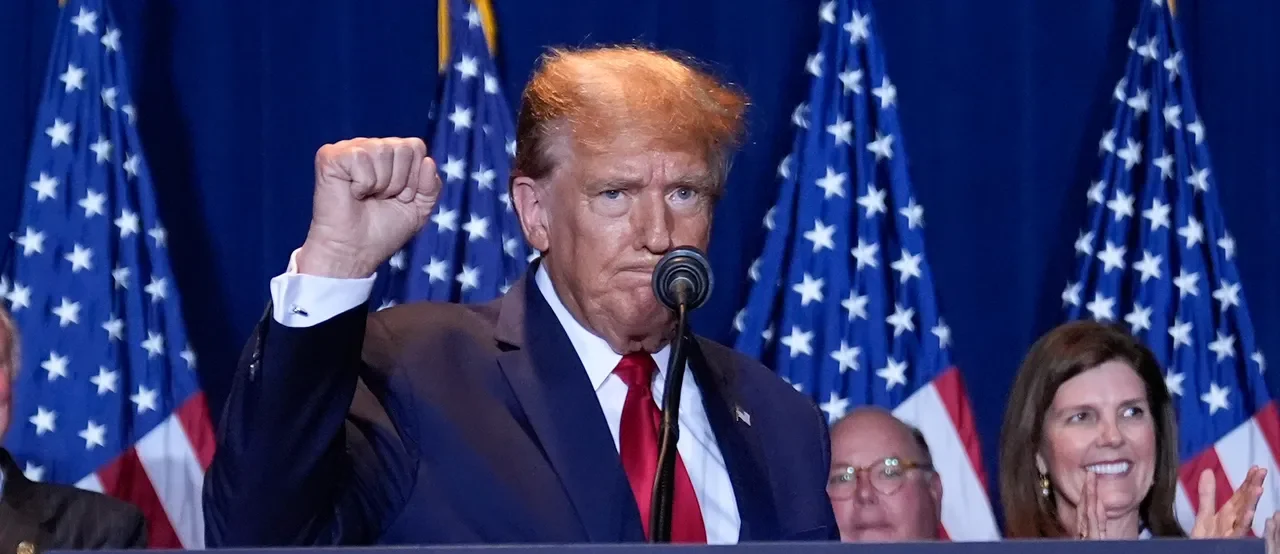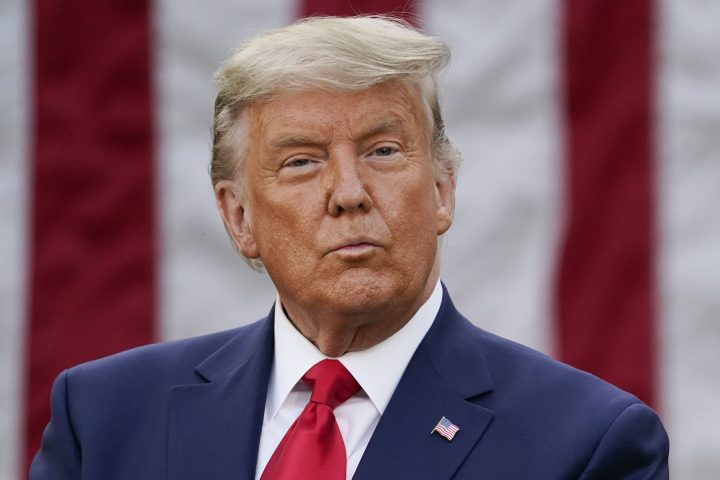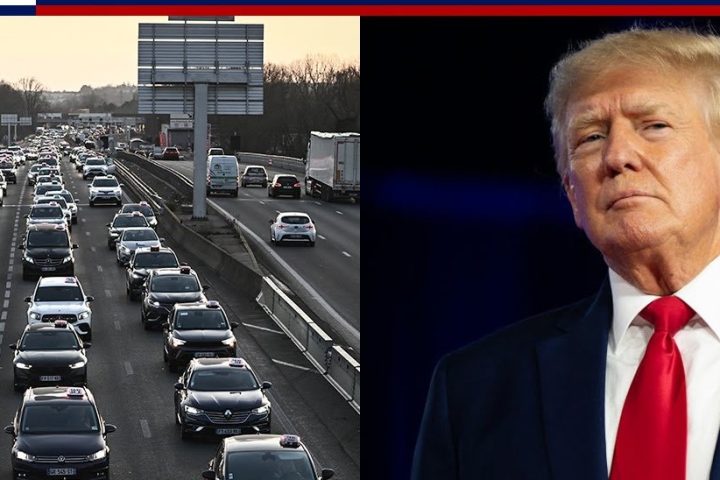The U.S. Supreme Court on Monday gave former President Donald Trump a resounding victory, ruling unanimously that states cannot bar him or any other federal candidate from the ballot.
The US Supreme Court over ruled the decision of the Colorado’s top court that had in December 2023 determined that Trump was ineligible for the presidency due to his conduct surrounding the Janauary 6, 2021, attack on the U.S. Capitol.
Join our WhatsApp ChannelREAD ALSO: US 2024: Haley’s Chances Diminish As Trump Surges Ahead In Michigan Republican Primaries
The Monday’s ruling gave Trump a victory in an unprecedented case that threatened to derail his bid to return to the White House.
The insurrection clause, found in Section 3 of the 14th Amendment, which prohibits oath-taking insurrectionists from holding public office, served as the foundation for the Colorado court’s divided judgment.
The U.S. Supreme Court stated in its ruling on Monday that only Congress has the authority to execute the clause. One day before Super Tuesday, when voters in fifteen states will cast ballots for the Republican presidential nomination, the verdict addresses objections to Trump’s fitness for office raised by voters in several other states.
“Responsibility for enforcing Section 3 against federal officeholders and candidates rests with Congress and not the states,” the court said. “The judgment of the Colorado Supreme Court therefore cannot stand,” it added.
Trump in his remarks after the judgment was delivered said: “I think it will go a long way toward bringing our country together, which our country needs.”
The litigant, Noah Bookbinder, president of the group Citizens for Responsibility and Ethics in Washington President filed the suit to challenge Trump’s eligibility in the election given January 6 incident which they termed insurrection and accused Trump of inciting it.
“We conclude that States may disqualify persons holding or attempting to hold state office. But States have no power under the Constitution to enforce Section 3 with respect to federal offices, especially the Presidency,” the court said in its opinion.
“Nothing in the Constitution delegates to the states any power to enforce Section 3 against federal officeholders and candidates,” the court added.
The litigant said the Supreme court ruled the matter on “technical ground” adding that the American people would toe the path of accountability during the polls.
The reversal of the Colorado Court decision means that nothing can prevent Trump’s name from entering the ballot for presidential nomination and that states where the exercise has been held, it will be counted, and his name will appear on ballots nationwide unless Congress itself acts and decides otherwise, which analysts believe is unlikely to happen.
Victor Ezeja is a passionate journalist with six years of experience writing on economy, politics and energy. He holds a Masters degree in Mass Communication.



















Follow Us